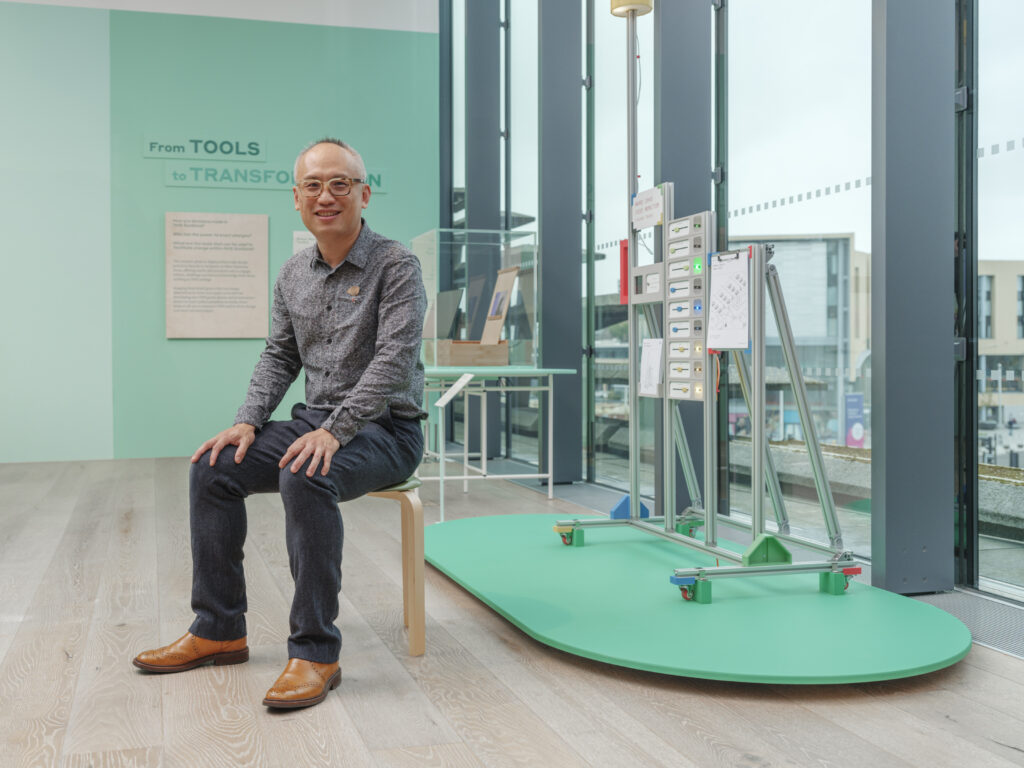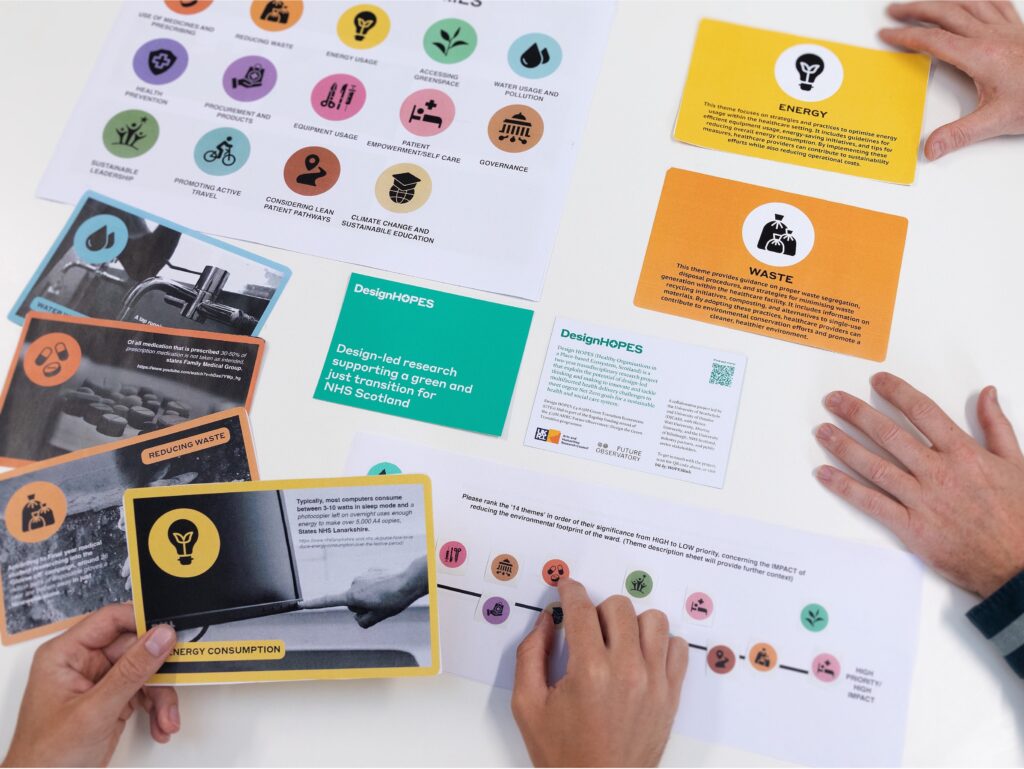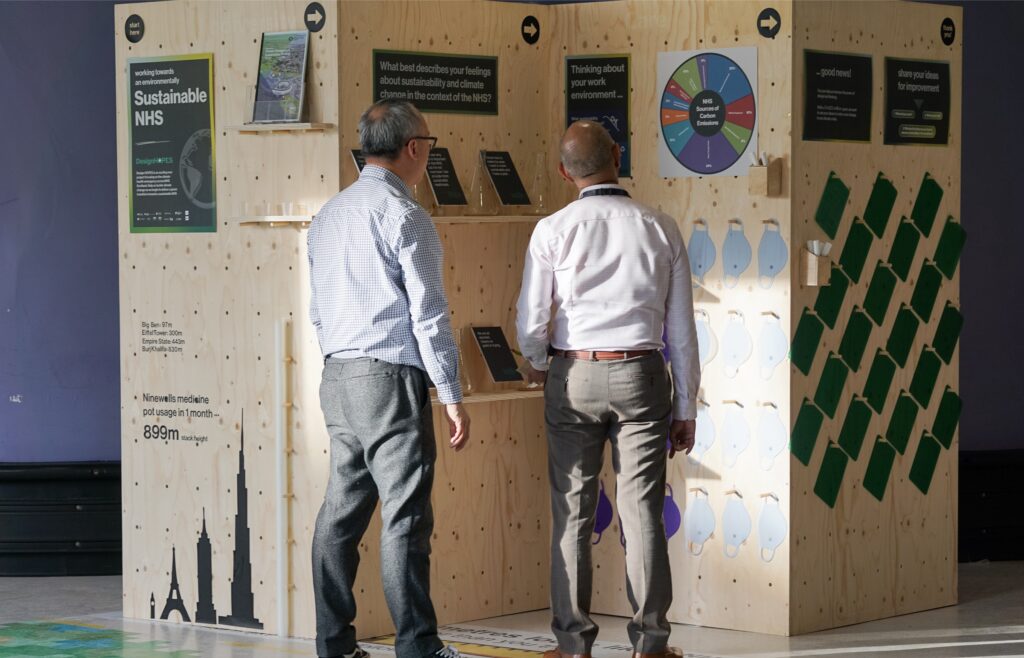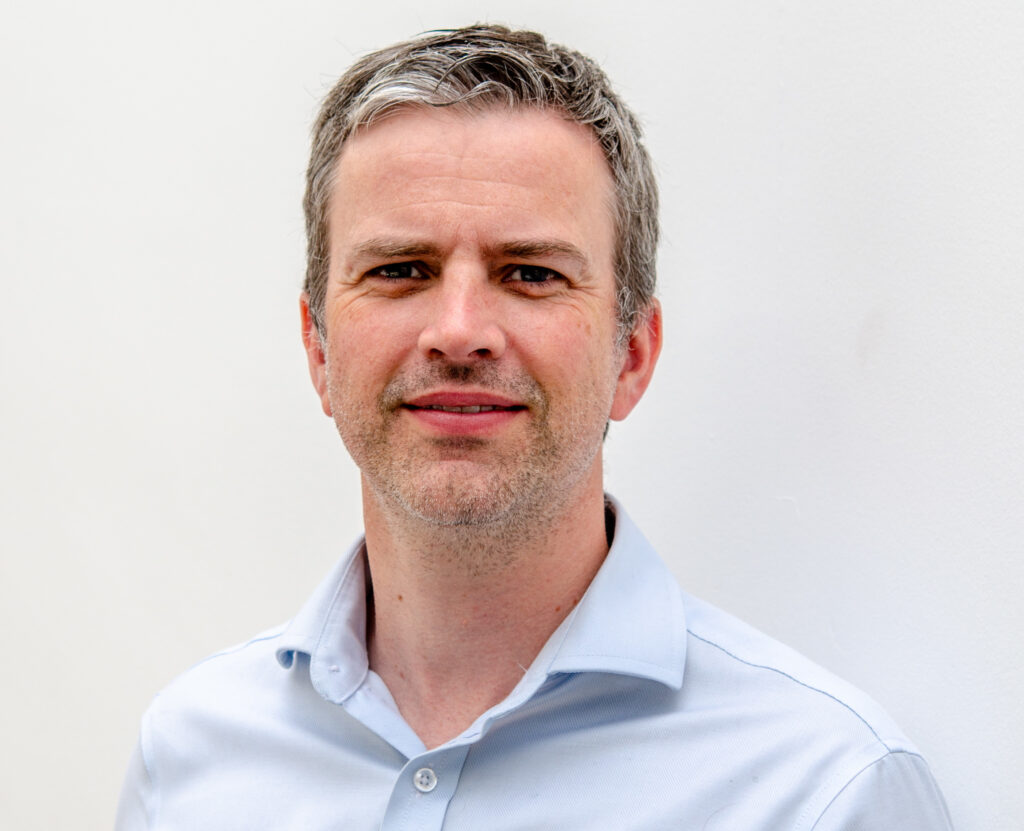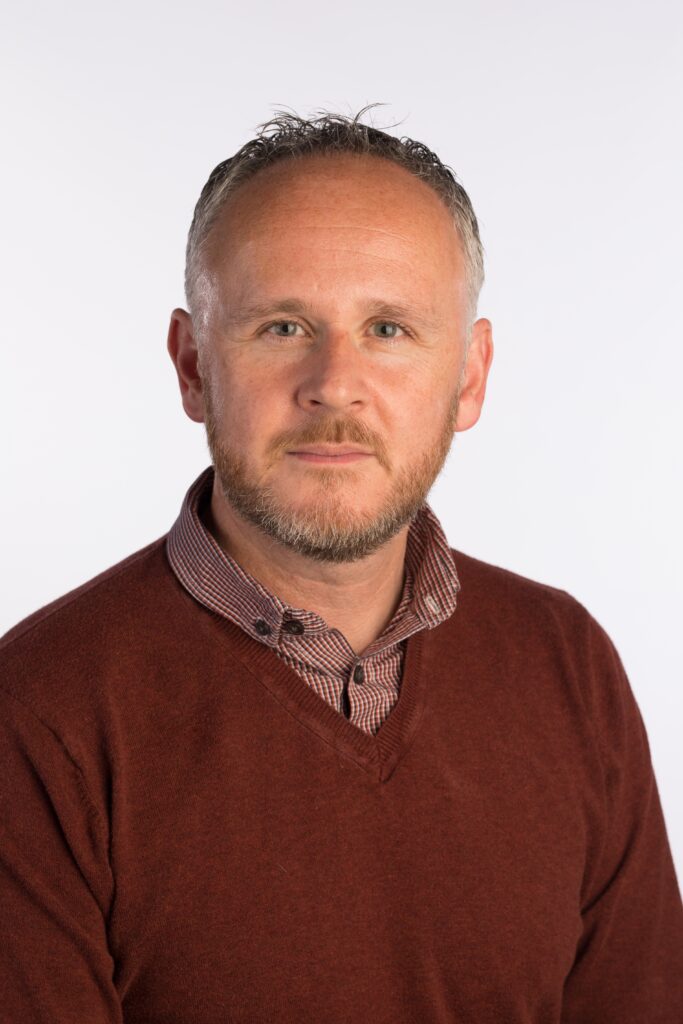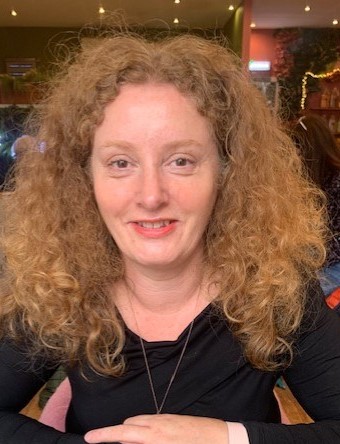The Green Ward Toolkit
The Green Ward Toolkit co-designs tools and education to empower hospital staff to implement new sustainable practices.

About the Project
NHS staff play a vital role in helping NHS Scotland achieve Net Zero. As part of the project, a pop-up installation was used to engage NHS staff in Ninewells Hospital. Early research from this installation revealed that while many practice sustainability at home and understand its importance for the NHS, they are often unsure how to apply sustainable practices in the workplace.
The Green Ward Toolkit is designed to support both clinical and non-clinical staff, equipping them with the knowledge, skills, and resources needed to implement sustainable practices. It encourages challenging norms, embracing circular economy principles, and raising awareness of innovative opportunities within ward settings. The goal is to foster a skilled and empowered workforce capable of delivering greener healthcare systems.
In collaboration with NHS Tayside, the toolkit was further refined through an interactive research station, where ward staff helped validate key themes and actions. Toolkit themes include energy usage, waste, water usage and pollution, sustainable travel, proactive care, medicines and prescribing.
This project aims to establish baseline evidence, drive behavioural and mindset shifts, and leverage design-led innovation to create scalable, sustainable solutions. Ultimately, it supports NHS Scotland’s transition to Net Zero, ensuring a healthier future for both people and the planet.”
Project Gallery (5)
Events, News
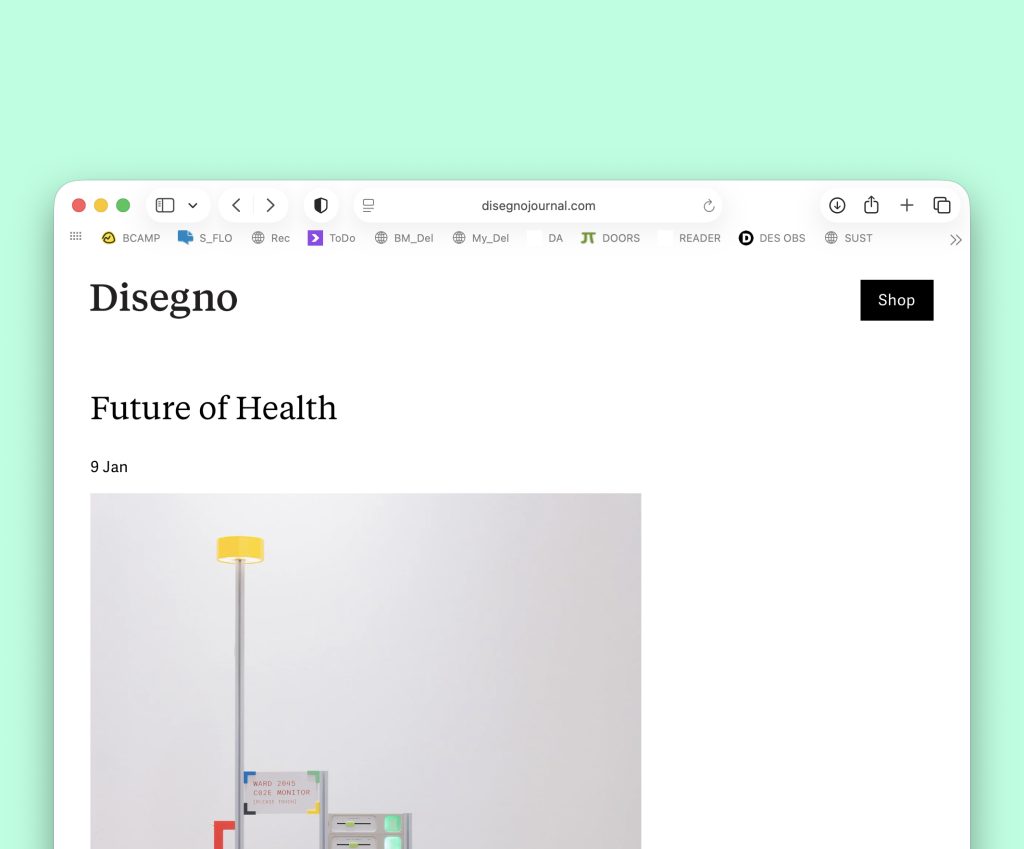
Green Ward Toolkit on Disegno
Ward 2045 CO2e Monitor is a speculative device designed to visualise energy consumption data for NHS staff and patients, helping hospitals to understand – and potentially reduce – their carbon footprint. It is one of several emergent elements of the Green Ward Toolkit project and in this article on Disegno, Dean Brown speaks with Heather […]
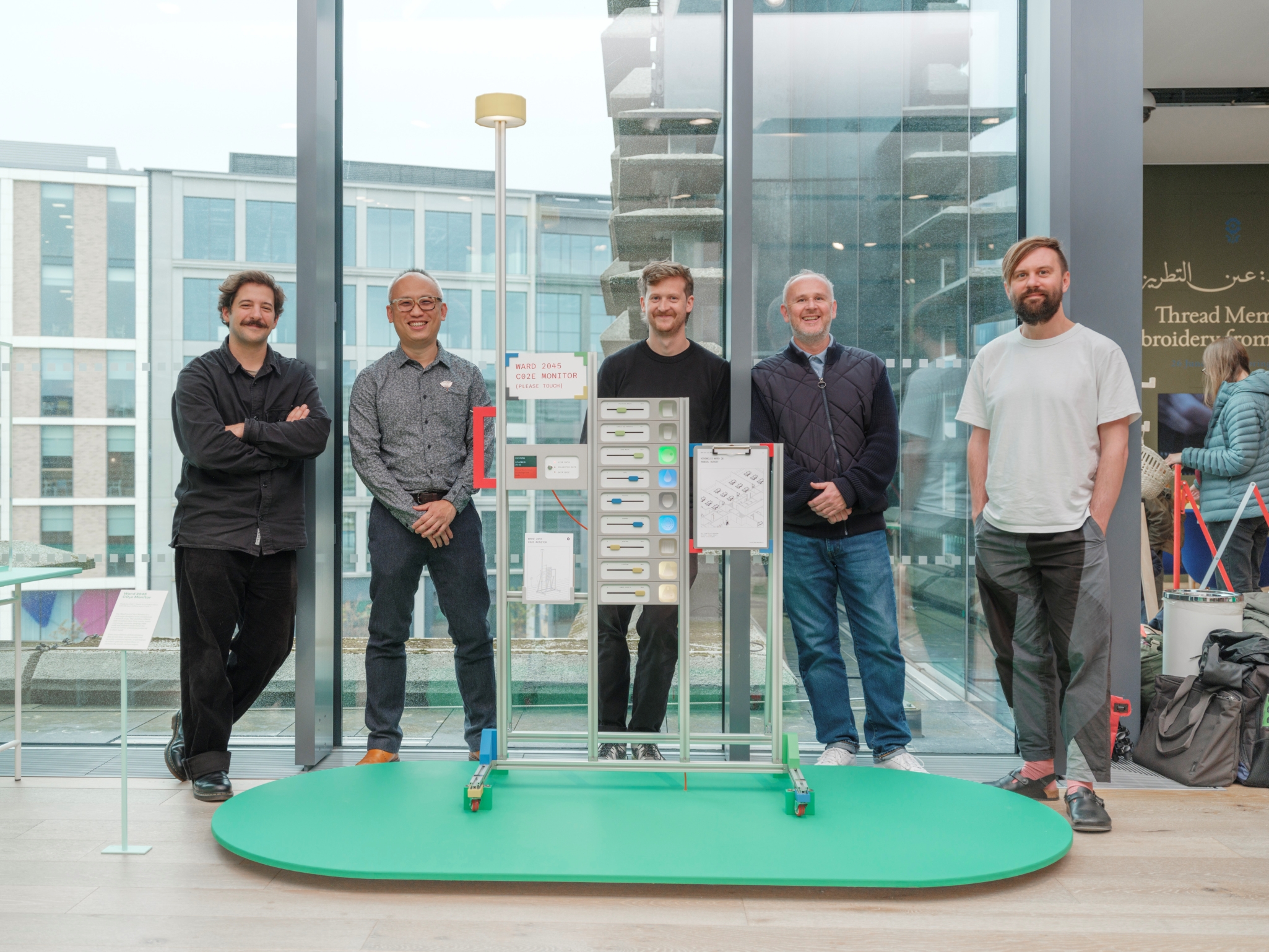
Design HOPES at Beyond 2025
We’re excited to be joining BEYOND Conference next week, as part of the showcase, demonstrating two Design HOPES projects; Green Ward Toolkit and FLOW; we’ll be sharing the research and impact to date on these two projects which seek to make visible the carbon impacts of healthcare decision making, both from the perspective of practitioners […]
